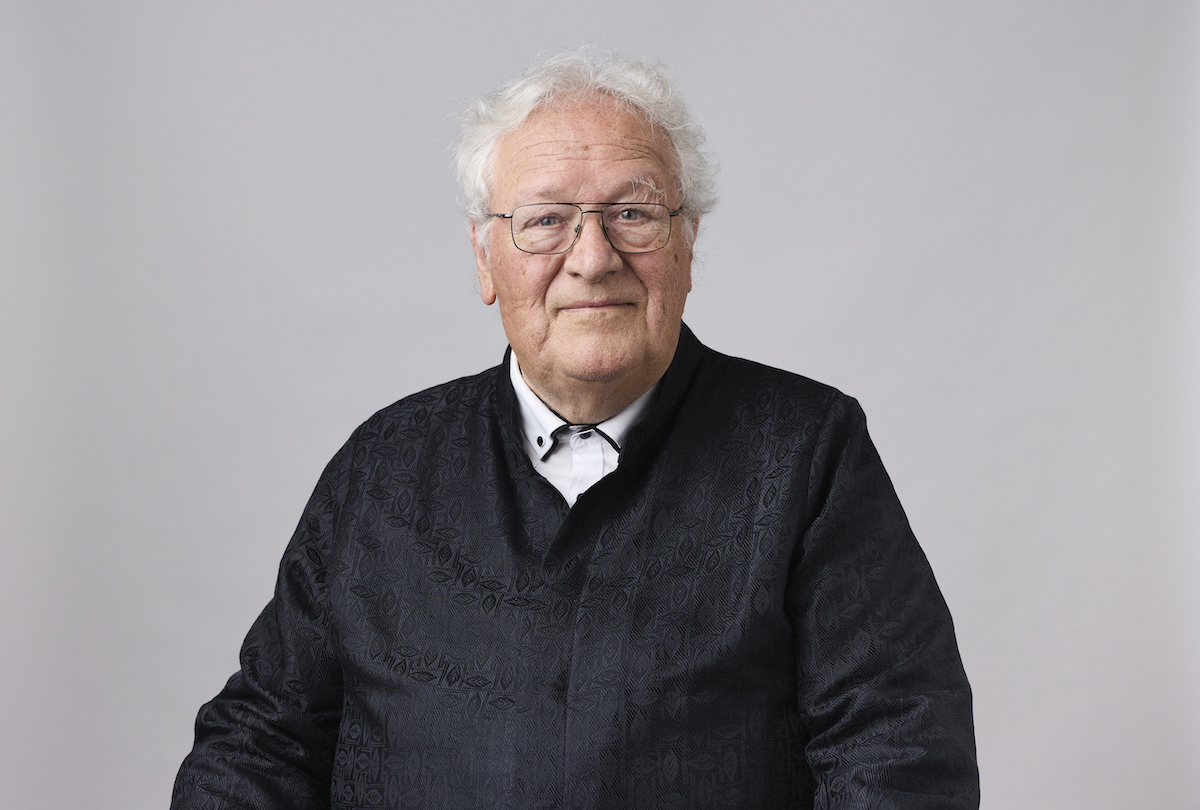Wagner’s Der Ring des Nibelungen is probably the most massive theatrical undertaking ever attempted. It took him 25 years to complete and in many ways it is the topmost pinnacle in the operatic world.
As with all of his operas the Ring Cycle is about redemption through love. But the Ring also has a political dimension. Wagner was on the barricades in the 1848/1849 Dresden revolution alongside Bakunin, the anarchist and opponent of Marxism. As a result of these activities he had to leave Dresden for Switzerland in order to avoid arrest.

Nicholas Braithwaite. Photo courtesy of Adelaide Symphony
Once in Switzerland he started writing the Ring – libretto first, then the music. Brünnhilde’s self-sacrifice at the end of Götterdämmerung redeems the world and allows it to return to its original innocence. But in this work, unlike his others, Wagner has developed and shown us a whole political philosophy based on the view that power corrupts and absolute power corrupts absolutely. Something the Nazis missed when they tried to turn Wotan and the other Ring Gods into a quasi religion. Before the start of the first opera (or Vorabend as Wagner...










Comments
Log in to join the conversation.